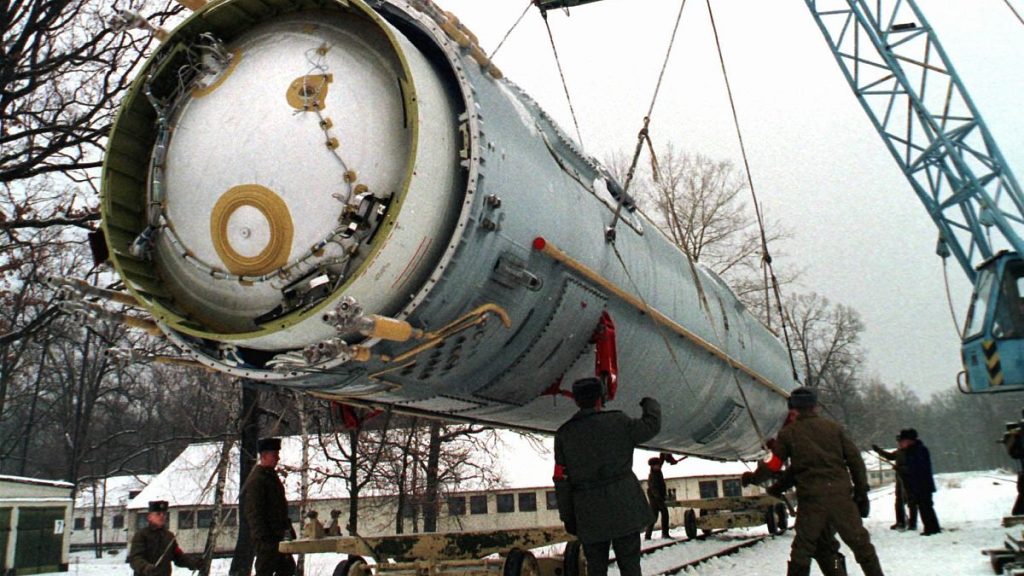Ukrainian President Zelenskyy clarified that Ukraine is not pursuing nuclear weapons but emphasized the need for NATO membership to ensure security in the face of Russian aggression. He stated that if Ukraine does not join NATO, their only other option would be nuclear weapons. However, Zelenskyy later clarified that Ukraine has no plans to develop nuclear weapons and remains committed to nuclear non-proliferation. Despite the ongoing Russian aggression, Ukraine continues to abide by the Treaty on the Non-Proliferation of Nuclear Weapons and is seeking security guarantees through NATO membership.
The Budapest Memorandum, signed in 1994, saw Ukraine give up its nuclear arsenal in exchange for security assurances from major nuclear powers, including the US, UK, and Russia. Following this agreement, Russia illegally invaded Ukraine in 2014, annexed Crimea, and occupied territories in the east of the country. Since then, Russia has continued to modernize its nuclear arsenal, developing weapons like the RS-28 Sarmat, known as Satan II. Amidst the ongoing conflict, Russian forces have targeted key Ukrainian cities involved in the production of missiles, illustrating the security threats faced by Ukraine.
In response to Zelenskyy’s comments, Russian President Putin stated that Russia would not allow Ukraine to acquire nuclear weapons and that any attempt to do so would be met with a strong response. Despite this, Ukraine has maintained that its decision to relinquish nuclear weapons in 1994 was its own choice and that they now seek security guarantees rather than nuclear armament. Ukrainian officials have emphasized the unfairness of the Budapest Memorandum in light of Russia’s subsequent aggression towards Ukraine, but have remained committed to pursuing security through diplomatic means.
The situation in Ukraine highlights the complex geopolitical challenges faced by the country, caught between Russian aggression and the desire for security through NATO membership. Zelenskyy’s statements reflect the difficult position Ukraine finds itself in, having given up its nuclear weapons in exchange for security assurances that have not been upheld. The ongoing conflict underscores the importance of international agreements like the Treaty on the Non-Proliferation of Nuclear Weapons and the need for countries to uphold their commitments to ensure global security.
As the conflict in Ukraine continues to unfold, the country remains steadfast in its commitment to international law and non-proliferation efforts. Despite the challenges and ongoing Russian aggression, Ukrainian officials have reiterated their desire for security guarantees rather than pursuing nuclear weapons. The Budapest Memorandum serves as a stark reminder of the complexities of international relations and the importance of fulfilling commitments made to ensure global stability and peace. Ukraine’s adherence to diplomatic solutions and non-proliferation efforts highlights the country’s commitment to resolving conflicts through dialogue and peaceful means.













